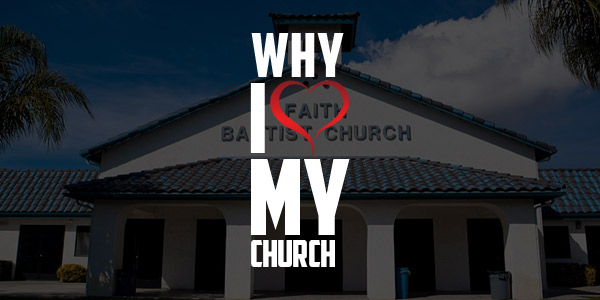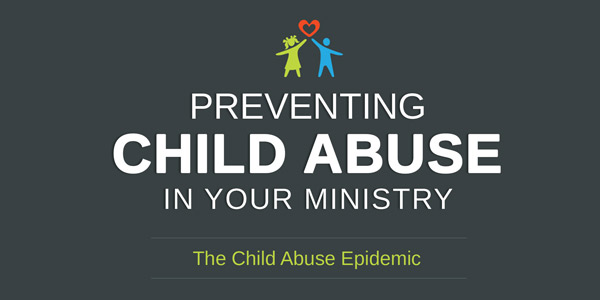I want to share a few reasons why I love the church.
Hebrews 10:25, “Not forsaking the assembling of ourselves together, as the manner of some is; but exhorting one another: and so much the more, as ye see the day approaching.”
Acts 20:28, “Take heed therefore unto yourselves, and to all the flock, over the which the Holy Ghost hath made you overseers, to feed the church of God, which he hath purchased with his own blood.”
Praying for friends, preachers, and missionaries, I found they all have one thing in common. They need the church to survive. For that reason, and many more, I love the church.
In Acts we read, “The Lord added to the CHURCH daily such as should be saved…” There it is, right at the beginning, God placing people into a church.
Here are a few reasons I love the church:
The church is where the lost are saved and baptized.
The church is where we train our children to make it in life.
The church is where young people are called to the ministry.
The church is where money is given to send the Gospel to the world.
The church is where the poor come for help.
The church is where God looks to see if He will spare a nation …if my people… 2 Chronicles 7:14.
The church is where we come for comfort in troubled times.
The church is where soul winners are sent out
The church is where my own children learned to:
…win the lost.
…visit the needy.
…preach the Gospel.
…work on buses.
…and now, it is the church where my children work full-time serving God’s people.
The church is where the widow comes to find a little light in a dark and lonely world.
The church is where buses are sent to love and care for the unloved of our community.
The church is where men and women are sent to jails and rest homes.
The church is where we bury our dead.
The church is where we marry our young.
The church is what Jesus bought with His own blood…Acts 20:28
The church is called, “the Pillar and ground of the truth…” 1 Timothy 3:15
 Support it? Without a doubt! Finance it? Of course. It is the one place on Earth God promised perpetuity…the very gates of Hell will not prevail against it. So, I’ll give sacrificially towards its needs.
Support it? Without a doubt! Finance it? Of course. It is the one place on Earth God promised perpetuity…the very gates of Hell will not prevail against it. So, I’ll give sacrificially towards its needs.
The church is where my wife and I had our first date, where we were engaged, where I surrendered to preach and was married. The church is where I learned to memorize Scripture. The church is where I was trained. The church is where we bring our tithes. The church is where we receive protection…for Paul said to break fellowship with the adulterer and “turn him over the Satan for the destruction of the flesh.” We are safer in church and in fellowship than we are out of church. As Americans value the church less and less, so our nation loses its values and morals.
Some would say there is no need for the land, buildings, and growth of the church. Some would say we have enough buildings and buses. But no! I differ greatly. When the church is gone, all hope for this world will be gone.
The church needs to prosper, thrive, and achieve great things for God. Who ever felt their team had won enough games? Who ever felt their business prospered enough? No one! Every soul in Heaven will rejoice over the church.
Without the church there will be no Bible printing, no distribution of tracts, no missionaries, no money for the needy, no baptizing of converts, no training of disciples, no place that establishes right and wrong, that holds truth and resists error.
Whoever gets into the Sweet 16 will not matter a lick in eternity. Whoever wins the Super Bowl will not even be remembered 100 years from now. If your child is the best soccer player in their Sunday league, it will not make a difference.
But, whoever wins a soul will “…shine…as the stars for ever and ever.” (Daniel 12:3) Whoever finances the Gospel ministry will forever be grateful.
Yes, we need another building. Yes, we need more land. Yes, we need more missions money. Yes, we need to pay off our debt. Yes, we need more preachers. Yes, we need to start more churches. Yes, we need to pray for our nation to come back to God. Without the church, there will be no one to show our nation the way.
It is not religion the world needs, but the church, Bible-preaching, Bible-believing soul winning and a Baptist church.
Were it not for the church, none of us would be saved. Were it not for the church, our children would be on their way to Hell. Were it not for the church, there would be no hope for the brokenhearted, for the church is where they learn of Christ and Heaven, and the Blessed hope…and glorious appearing…
The church is where broken people learn of forgiveness, mercy, and the everlasting arms of the eternal God and refuge.
It is the church that holds the doors shut against the shame and evil of this world. The light forces the darkness into the corners and shadows, but without the church darkness would reign.
God said not to forsake the assembling of the believers. Christian, lets not forsake it financially, lets not forsake it in our use of time, lets not forsake it in our prayers, lets not forsake it in attendance. The church has given so much to our families. How much we will receive at the Judgment Seat, all because of the church?
It is through the ministries of the church that we have opportunity to serve God and lay up treasure in Heaven, and one day reap our eternal rewards. Nothing like that would happen without the church.
The church ought to be in every trust, every will, every estate. From every paycheck, I give to missions, building fund, tithe and support the Christian school, because nothing else I do with my money is eternal, but God’s work is eternal. That’s why we need to help start more churches and train more in Bible college.
As you prayerfully chose your path of life, your use of time, your investment of finances, your love and support of things on Earth, remember, the church is the only thing on Earth Jesus ever purchased.
Ask yourself, “How much do I want to meet when I get to Heaven?” “How much do I value the church?”
Bruce Goddard
Pastor
Faith Baptist Church
Wildomar CA
http://thepreachersfriend.com




